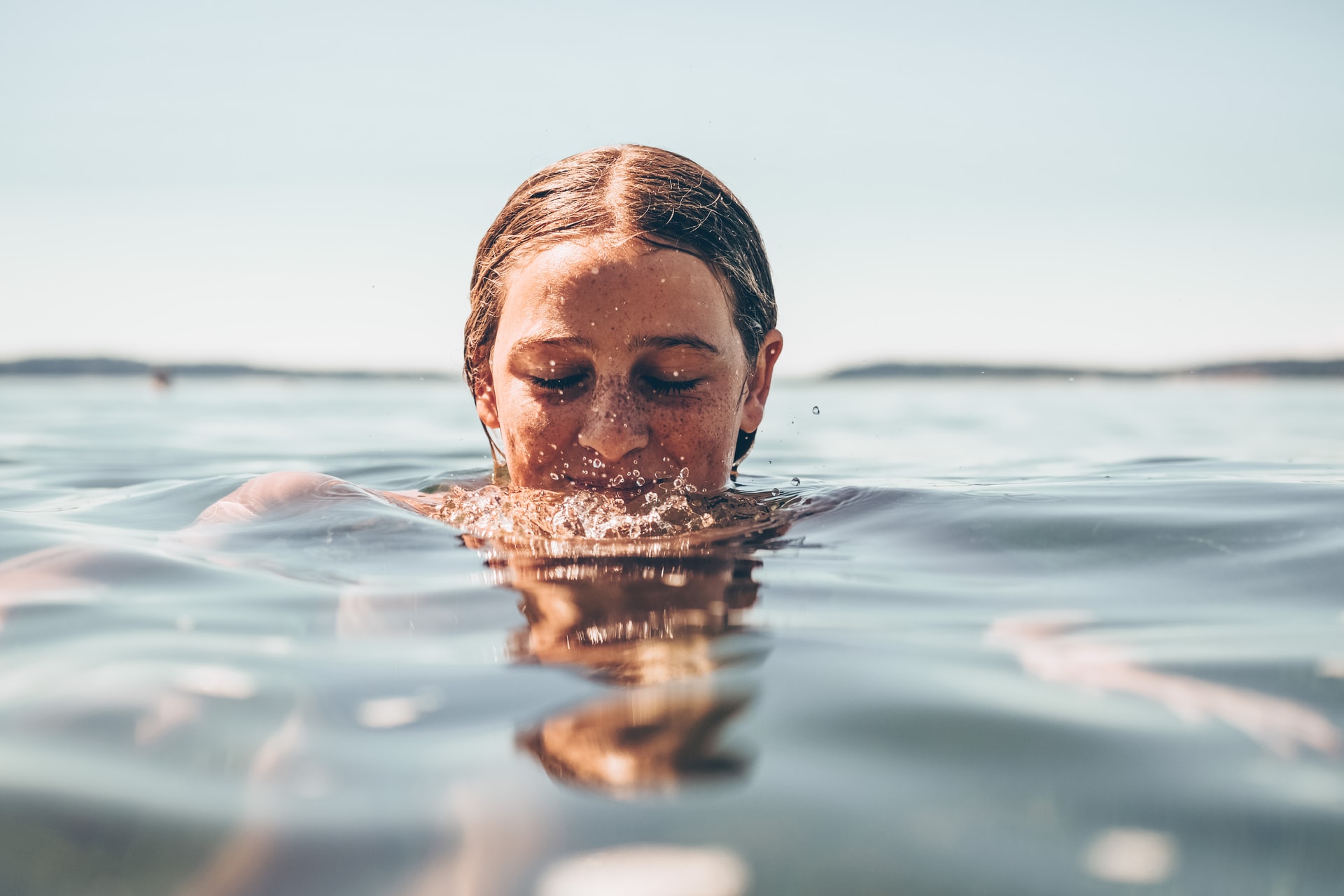
03 Apr Using sport to develop commitment and discipline
Mike Bandar, co-founder of Turn Partners, is a serial entrepreneur and has been successful in wide range of ventures. Bandar possesses many of the traits deemed important for entrepreneurship and was interviewed on the Clever Tykes podcast to discuss his childhood and upbringing. One of the things we’ve highlighted in his interview is something we’ve mentioned on the Clever Tykes blog before; how sport can help kids develop valuable attributes.
How sport develops commitment and discipline
One of the key influences on Bandar’s personal development was participating in sport whilst growing up. He explains how swimming during his childhood taught him the meaning of commitment and discipline, which has served him incredibly well as an entrepreneur.
“Throughout my whole childhood, my parents always ensured my brother and I had at least two active hobbies or sports.
“We generally had one staple that we would regularly practice and improve, for the most part this was swimming. We would swim five times a week with a mix of early morning and evening sessions. Ultimately we both swam competitively in national competitions.”
Having this kind of commitment to something outside schooling is incredibly valuable for a child, but only if it’s something they’re bought into. Bandar would never describe his parents as “pushy”, it was always down to him to make the decision.
“Although we were strongly encouraged to swim, it was never enforced. I specifically remember conversations where we were encouraged to think about what we enjoyed about swimming and consider the implications of not training, as well as think about what we might like to do instead of training that morning or evening.
“In hindsight, this was great exposure to the benefits of commitment and discipline as well as the costs of inaction.”
We’ve highlighted sport as an excellent device for building resilience and developing perseverance in kids amongst other things. Another one of the guests on the Clever Tykes podcast, Paul Faulkner, described how sport enabled him to better deal with changing schools frequently as a young child.
Making better choices – the cost of inaction
‘The cost of inaction” is a powerful insight to be given at a young age. It’s not as simple as “going swimming or not”; it’s about the person you’re becoming. Will they choose to improve yourself or let their skills and fitness level regress? It’s also about actively choosing how else they can spend that time productively.
When someone wakes up and doesn’t want to go to school, or for a walk, or to see that friend, what if the conversation that followed was specifically around what they wanted to do instead? Trade-offs; where to spend time, energy or resources, are a normal part of an entrepreneur’s day so gaining these perspectives early is invaluable.
What we choose not to do can provide as many lessons as what we do, and the cost of inaction is an important lesson otherwise difficult to teach.
Another example of a successful entrepreneur using sport to develop their character is Nike founder, Phil Knight, whose experience as a runner gave him both the technical insight and the resilience to become one of the world’s richest men.




